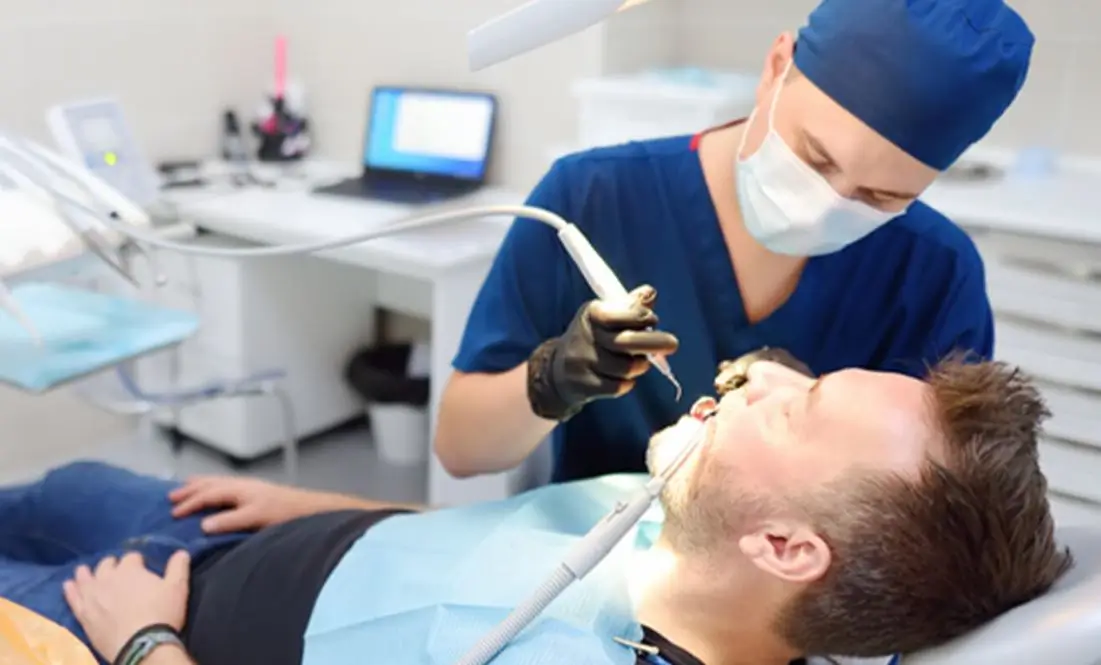Severe tooth pain often precipitates the consideration of emergency dental interventions, among which tooth extraction is a prominent option. The decision to extract a tooth typically emerges from a clinical assessment that deems the tooth irreparable, posing imminent risks such as infection spread or structural complications within the oral cavity. While extraction can indeed offer immediate pain relief and circumvent further oral health deterioration, it also introduces considerations regarding subsequent tooth replacement and the long-term impact on dental function and aesthetics. Thus, the decision warrants a nuanced discussion about the balance between immediate relief and future dental health implications. What then, could be the alternatives if immediate extraction is contemplated yet deemed too radical or premature?
Understanding Severe Tooth Pain
Severe tooth pain, clinically known as odontalgia, typically arises from inflammation of the dental pulp, often caused by cavities, infections, or trauma. This pain can manifest acutely, with varying intensity and duration, depending on the underlying etiology.
The dental pulp contains nerve fibers that are highly sensitive to irritants like bacterial toxins and physical damage, leading to the excruciating pain associated with pulpitis. Advanced cases may involve periapical abscess formation where pus accumulates at the root tip, further exacerbating discomfort.
Understanding these mechanisms is pivotal for anyone enduring such pain, offering a sense of community and shared experience among sufferers. It’s crucial to recognize these symptoms early to prevent progression and more severe health complications.
Treatment Options and Recommendations
Understanding the underlying causes of severe tooth pain is crucial to effectively manage and alleviate symptoms. Various treatment options are available depending on the diagnosis. A tailored approach can range from conservative therapies to surgical interventions.
For infections, antibiotics may be prescribed to reduce inflammation and eliminate bacteria. In cases of dental decay or fractures, restorative procedures such as fillings, crowns, or root canals are recommended to preserve tooth integrity and function. If the damage is extensive, extraction might be necessary to prevent further complications.
Utilizing advanced imaging and diagnostic tools, dental professionals can offer precise treatment plans that not only focus on pain relief but also aim to maintain overall oral health within our community.



